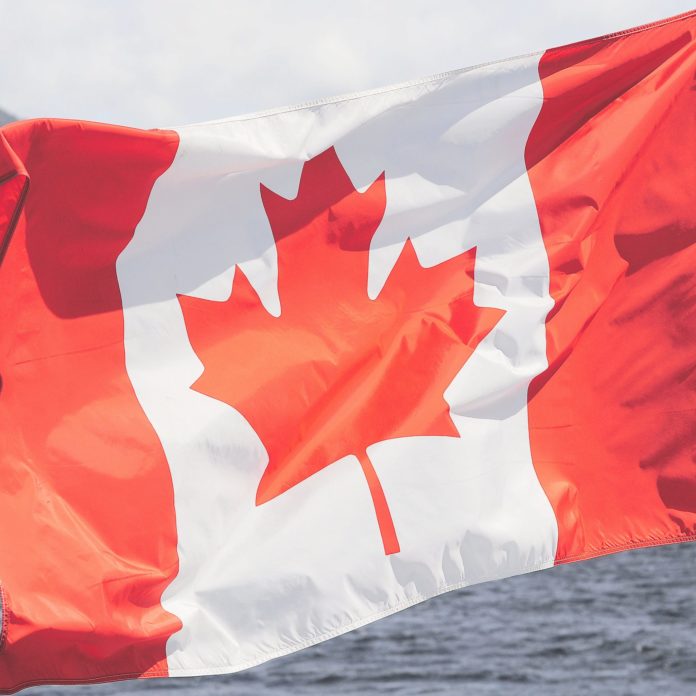Rogers will retain control of its wireless backhaul network in the deal with Blackstone and other Canadian entities
Canadian telecom operator Rogers has struck a deal with an investor group led by Blackstone, in which Blackstone will buy a stake in Rogers’ wireless backhaul network in exchange for billions that Rogers will use to reduce its debt.
Blackstone is acquiring a non-controlling stake in a new Canadian subsidiary which Rogers is forming, which will essentially monetize the operator’s wireless backhaul network to the tune of CAD$7 billion (US$4.93 billion).
Rogers is maintaining “full operational control” of its network, according to the carrier. Blackstone will hold a 49.4% equity interest in the subsidiary, but only a 20% voting interest. Rogers, meanwhile, will hold 80% of the voting interest and 50.1% of the equity interest.
Blackstone is leading the investment, but it isn’t the only member of the investor group, which also includes Canada Pension Plan Investment Board (CPP Investments), Caisse de dépôt et placement du Québec, the Public Sector Pension Investment Board (PSP Investments) and British Columbia Investment Management Corporation.
“This strategic partnership demonstrates the confidence investors have in Rogers and in our world-class assets,” said Rogers President and CEO Tony Staffieri. “With this significant investment, we are executing on our commitment to de-lever our balance sheet.”

“This transaction will strengthen the company’s investment grade balance sheet by reducing our borrowings and unlocking the unrecognized value of critical assets,” said Rogers CFO Glenn Brandt “With this transaction, Rogers will have issued an aggregate $9 billion of equity-valued capital since year-end, which is expected to reduce leverage by almost 1 turn.”
Rogers executives had previewed the deal during the company’s Q4 quarterly call, with Staffieri calling it an “innovative first-of-its-kind transaction to Canada” that was “reflective of [Rogers’] focus to de-lever and further strengthen our investment-grade balance sheet.” Rogers anticipates that its debt leverage ratio will be reduced by 0.7x after the transaction closes, which is expected in the second quarter.
Telecom analyst Vince Valentini of TD Cowen described the Rogers deal as an operating strategy with purely financial motives for Blackstone and the other investors, rather than an issue of network or infrastructure control. Blackstone, he said, is “getting something they know is a stable asset that’s going to deliver consistent cash flow.”
The subsidiary is expected to distribute up to approximately CAD$0.4 billion annually to Blackstone in the first five years post-closing, according to Rogers.
Valentini also pointed out that Rogers isn’t the only wireless carrier in Canada that is actively pursuing asset sales in order to reduce their debt load. In Rogers’ case, he said, additional assets that it could leverage include its ownership of major Canadian sports teams. (Rogers is in the process of buying out Bell Canada’s stake in Maple Leaf Sports & Entertainment for $4.7 billion, which will bring Rogers’ ownership stake to 75%.)
Rogers has also publicly confirmed plans to sell a small Canadian data center business and other real estate as it seeks to shed debt that was accumulated in part due to its acquisition of Shaw Communications. Telus, meanwhile, last month confirmed that it has engaged financial advisors to potentially sell a minority stake in its tower portfolio in order to reduce its debt.
Those moves by Canadian operators align with a broader trend among telecommunications companies seeking to monetize infrastructure assets to reduce debt and fund growth initiatives. It has been seen in the U.S. as well, with Verizon striking a $3.3 billion tower deal with Vertical Bridge in September 2024 to lease the rights to operate and manage over 6,300 towers to Vertical Bridge for $3.3 billion. Verizon retained ownership of the towers and entered a 10-year lease-back agreement as the anchor tenant. AT&T has also spent the past several years selling off some of its international and non-core business segments as part of its efforts to reduce its debt.

